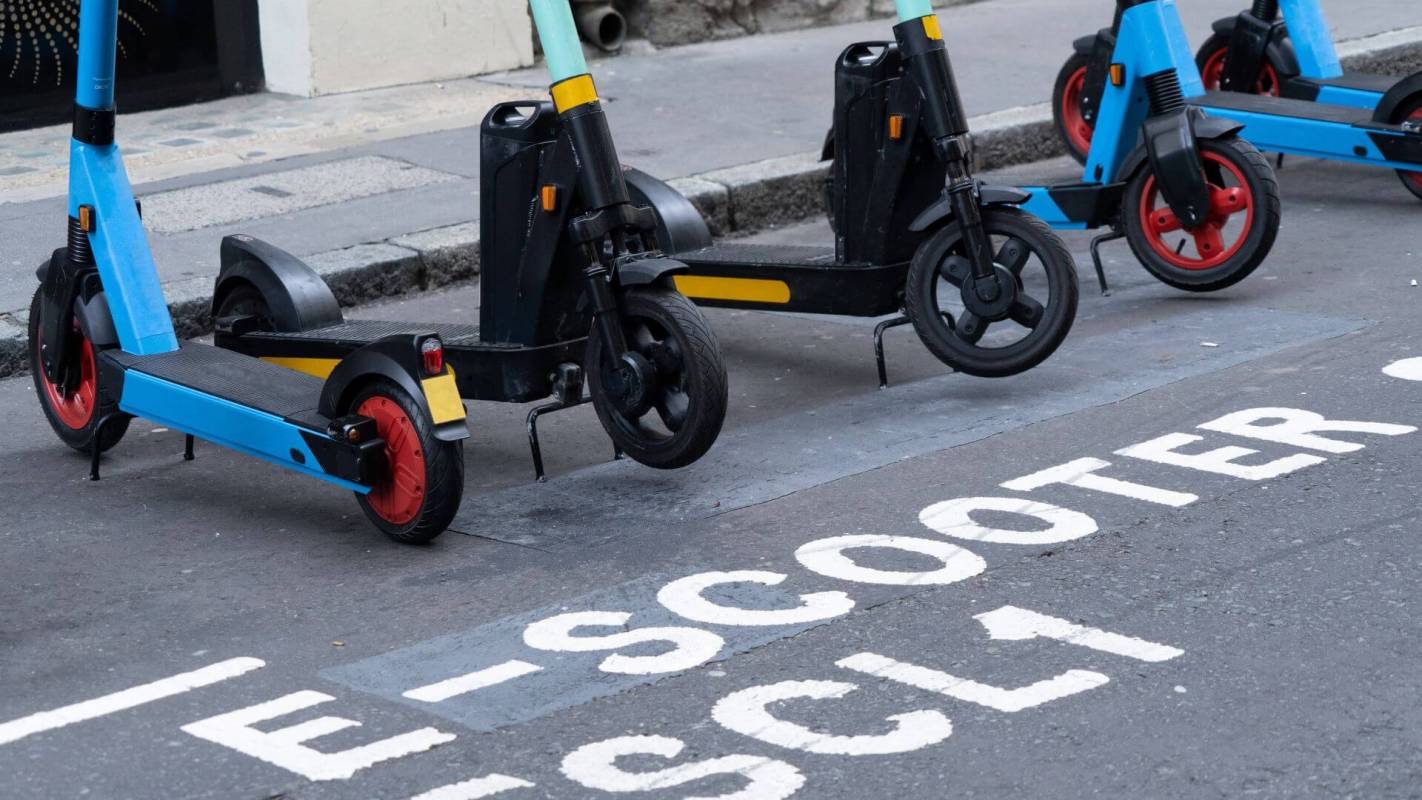While Uber might be the pacesetter in the global rideshare game, Lyft is leading with e-bikes and scooters that help users make shorter trips.
And now, Lyft is making sure that it's limiting its environmental impact by promising to recycle the batteries from these two-wheeled electric vehicles (EVs).
Lyft is the biggest shared e-bike operator in North America, with about 1.8 million people using its electric bikes and scooters for the first time in the past year. So when Lyft promises its EV batteries won't end up in landfills, it's a big deal.
More than 55 million tons of electronic waste are generated annually, and it's clear that we need more solutions to keep this litter under control. Especially given the fact that if this waste is not disposed of in a responsible way, it can cause serious air, water, and soil pollution problems.
Because e-bike and scooter batteries don't have an especially long lifespan — they currently last about five years — companies are forced to constantly create and throw away new batteries.
And with Lyft's two-wheeled EV program gaining so much popularity, the company is scaling up and rolling out new bikes in select cities.
The rideshare giant has partnered with Redwood Materials, one of Tesla's recycled materials suppliers, to strip the used batteries of their valuable metals. Redwood Materials will process the old batteries in its Nevada facility; from there, some parts of the material will reenter the EV supply chain to be used in scooters, bikes, and even cars.
Antoine Kunsch, who serves as Lyft's sustainability program manager, explained to the Verge that this move would lessen the negative environmental impact of the EV program.
"We really tried to close the loop and recycle all of our bikes and scooters," Kunsch said.
Follow The Cool Down on Instagram and subscribe to our newsletter.








